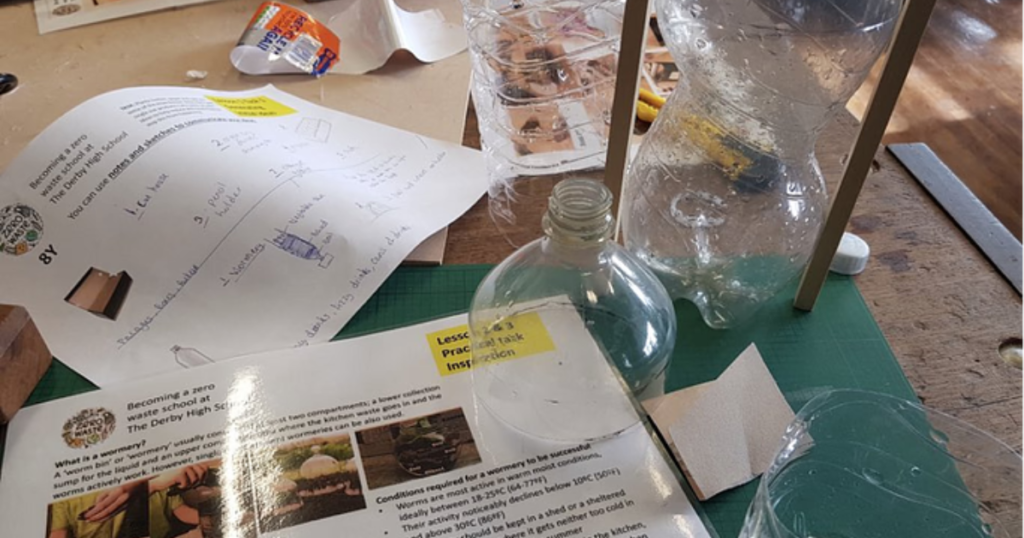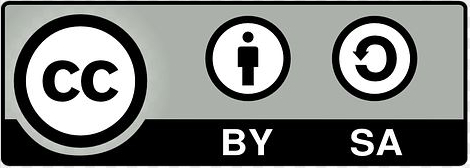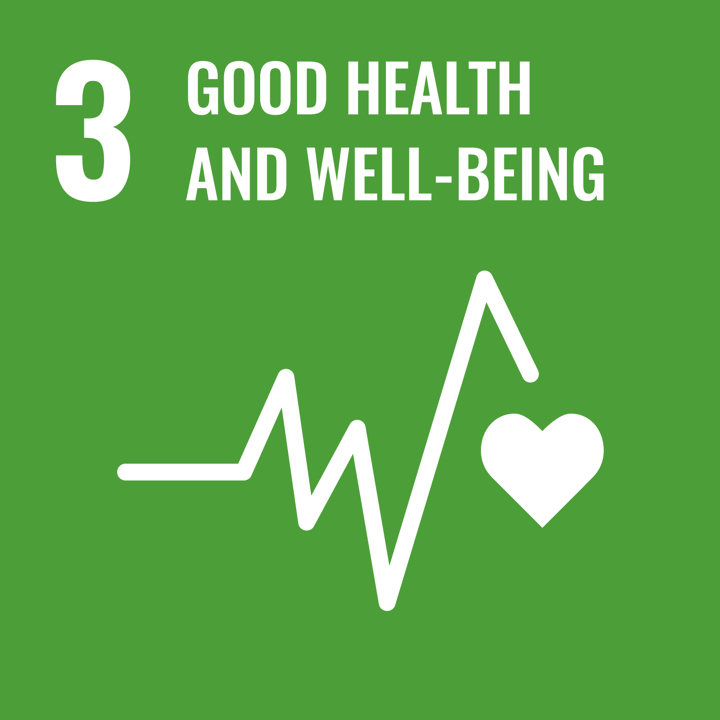
Intended End User: Teacher
Age Group: Lower Secondary
School Curriculum: Science; Social & Environment Science; Arts; Applied Science
Themes and Topics: Behaviour & Lifestyle; Collective Action; Environmental Change; Economics; Food and Agriculture; Pedagogy Approaches
Duration: Approximately 6-8 teaching hours
Type of Resource: Lesson Plans, Presentation, Project
Keywords: Zero Waste, Circular Economy, Responsible Consumption, Sustainability, School Waste Management
Languages: English, Dutch, Swedish, Portuguese, Greek, Hungarian, Polish, Hebrew, Romanian, Spanish
Description
The “Zero Waste School” project engages students in real-world sustainability challenges by investigating and reducing waste in their school environment. The activity fosters critical thinking, teamwork, and environmental responsibility while introducing concepts like the circular economy and responsible consumption.
Students conduct hands-on research by assessing waste production at school and collaborating with local businesses, councils, and experts. They explore how waste is managed in their community and propose interventions to minimize plastic, food, and paper waste.
Through interdisciplinary approaches—including science, art, and applied technology—students design and prototype innovative solutions to create a more sustainable school. They present their findings through reports, presentations, and creative projects, reinforcing the importance of real-world action in environmental education.
How to use this resource
Teachers guide students in investigating waste production in their school. They begin with discussions on sustainability and the circular economy, followed by research activities such as waste audits and interviews with local experts.
Students analyze their findings, brainstorm waste-reduction strategies, and develop creative solutions. They then present their ideas through projects, reports, or school-wide campaigns.
The activity concludes with reflections on personal and collective responsibility in sustainability efforts.
The resources
The resource can be found here:
Learning Outcomes
- Apply a range of suitable tools and frameworks to promote student Sustainability Citizenship
- Collaboratively synthesise the knowledge, tools and frameworks to create educational materials and lessons plans adapted to their own local context
- Develop and apply assessment criteria to evaluate Sustainability Citizenship in students.
- Through workshop activities and communities of practice, build capacity and agency as Sustainability Citizenship educators and leaders.
Green Competencies
- Embodying Sustainable Values: Valuing Sustainability; Supporting Fairness
- Embracing Complexity in Sustainability: Systems Thinking; Critical Thinking; Problem Framing
- Envisioning Sustainable Futures: Futures Literacy; Exploratory Thinking
- Acting for Sustainability: Collective Action
Creative Commons

This learning scenario was created by Forth Together CIC – Derby High School: Kabir Ahmed, Roslyn Crossley, Michael Gregg, Paul Kerr, and Lynn Provoost, and is licensed under a Creative Commons Attribution-ShareAlike 4.0 International License (CC BY-SA 4.0). It allows others to share and adapt the material while giving proper credit and applying the same license to derivative workse.
SDGs




